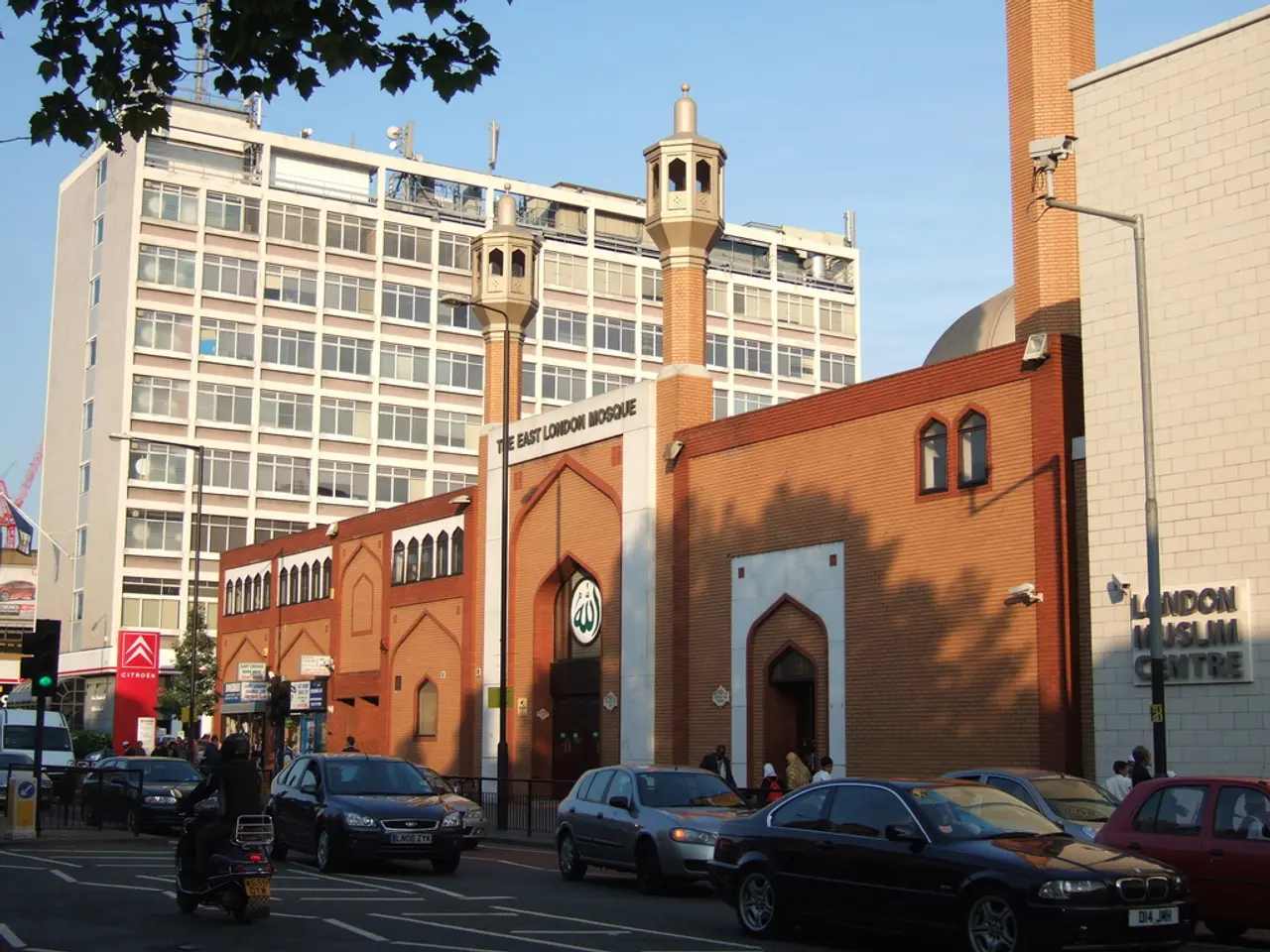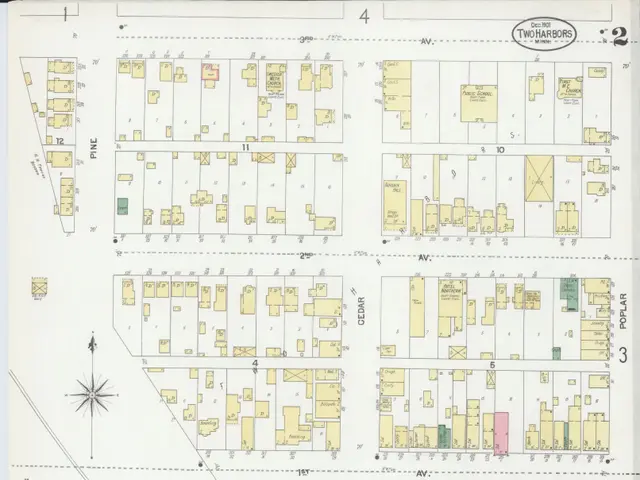Life a year later: Muslim community's ongoing apprehension towards public spaces following riots
Rotherham, South Yorkshire, is still feeling the lasting effects of the racist riots that occurred last summer. The traumatic impact on the local Muslim community is evident, with many residents experiencing fear and insecurity, particularly among vulnerable groups like elderly women wearing hijabs.
Mona Fadul, who arrived in Rotherham from Sudan in 2022, initially considered leaving the UK after the riots but is now happy to remain due to good neighbours. Sabah's mother, who wears a hijab, was afraid to go shopping alone after the riots. Mahasen Hussin, a Sudanese mother of three, had considered leaving the UK after the riots but has since changed her mind.
Despite community efforts like iftars and solidarity events held by local centres and schools soon after the riots, there is a widespread feeling that these actions were insufficient to fully rebuild trust and security. Community leaders and residents report a lack of meaningful engagement by authorities or institutions with the predominantly white neighbourhoods where the riots occurred, and with local youth and schools, which has hindered communal healing.
Abrar Javid, a lifelong resident of Rotherham, pointed to the long-term effects of the 2014 Jay report on the Rotherham grooming scandal on the community's trust in local authorities. The report exposed widespread child sex abuse in the town, primarily targeting vulnerable young girls.
The riots, partly triggered by disinformation spread on social media falsely identifying the attacker as a Muslim asylum seeker, led to hundreds of arrests and at least 170 jail sentences. More than 60 men were jailed for their part in the Rotherham violence. Ten police officers were injured during the riots.
However, not all is bleak. Increased efforts to build community resilience have been observed, such as grassroots community events and neighbourly gestures. For instance, a school in Rotherham hosted a Ramadan iftar for the first time that included non-Muslim staff and families.
Despite the ongoing challenges, a majority of Muslims in Rotherham focus groups organised by Hyphen in July 2025 expressed a desire to bridge the divide between different local communities. Mosques across the UK were allocated almost £3m to protect them from hate crime following the riots.
Wafa, a resident of Rotherham for five years, spent a month at home due to fear after the riots. However, she found comfort in the support from her neighbours, which helped her to stay. Mona Fadul also found solace in her neighbours, feeling somewhat reassured after months.
Despite these efforts, the psychological aftermath of the riots remains a significant concern. Many residents, like Mona Fadul, still feel unwelcome and cautious, particularly in areas with few Muslims, reflecting ongoing social divisions and mistrust.
References:
- BBC News. (2025, July 1). Rotherham riots: Muslim community still fearful a year on. BBC News. https://www.bbc.co.uk/news/uk-england-south-yorkshire-57742198
- The Guardian. (2024, August 5). Rotherham riots: Hundreds of rioters besiege Holiday Inn housing asylum seekers. The Guardian. https://www.theguardian.com/uk-news/2024/aug/05/rotherham-riots-hundreds-of-rioters-besiege-holiday-inn-housing-asylum-seekers
- The Independent. (2025, July 1). A year on from the Rotherham riots, the Muslim community is still fearful. The Independent. https://www.independent.co.uk/news/uk/home-news/rotherham-riots-muslim-community-fearful-b1929845.html
Science and health-and-wellness initiatives have emerged as crucial components in addressing the mental health issues within the affected Muslim community in Rotherham. For instance, in response to the lasting fear and insecurity experienced by many residents, local mental health professionals have been conducting regular workshops and support groups to help individuals cope with trauma. Furthermore, health-and-wellness programs focused on promoting stress management and mindfulness practices, such as yoga and meditation, have been introduced in several mosques and community centers, aiming to improve the overall mental health of the community.





